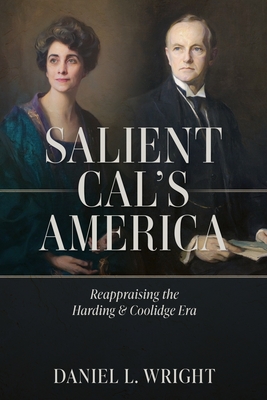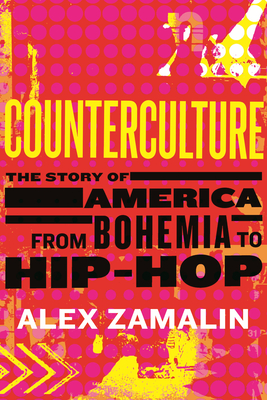
Wright, Daniel L.
product information
description
generation to step into "our" world and try it. Or, it may be more accurate to say we are the latest arrivals to live in their world. The Twenties provide us the clearest reflection of ourselves but also the strongest link to what can be accomplished to reunify America. Rather than blaming the Twenties for not achieving enough we can rediscover how Coolidge's America got as far as it did toward results we are still struggling to replicate. And make no mistake, Coolidge's name belongs on the Era that bears it. As Robert Nisbet said, A monarch was known throughout most of Western history for the age he presided over. The 1920s is probably the single most resplendent age of culture the United States has known: in the novel, in poetry, drama, criticism, in music (jazz, blues, etc.) and art -- if only in the motion picture, Coolidge has as much right to an 'Age of Coolidge' as Louis XIV or Elizabeth I had to theirs. It was not mere coincidence that the same age which produced Doug Fairbanks and Mary Pickford also elevated the savvy Mr. Coolidge to the Presidency. Coolidge, like another "accidental President" after him, Harry Truman, remains a quintessential representative of "MainStreet" America. This is why attacking his legacy cannot be separated from also vilifying his America. His rise to the heights of leadership was not proof of some embarrassing flaw in America's psyche. Coolidge is not some out-of-touch, incompetent or ineffective leader but demonstrates that the world's small things and "little people" can still humble "the wise," overcome "the strong," and make history. Daniel Wright teaches history at a classical school in Florida. He and his wife, Mary, live in First Coast Florida.
member goods
No member items were found under this heading.
Return Policy
All sales are final
Shipping
No special shipping considerations available.
Shipping fees determined at checkout.







